CIA Withheld and Destroyed ‘Severe Interrogation’ Tapes
The New York Times has discovered that the CIA destroyed "at least two videotapes" showing agents using severe interrogation techniques on terrorism suspects. Those interrogations were part of the evidence in the official 9/11 investigation, yet the CIA never told the 9/11 Commission of the existence of the tapes or transcripts. The agency cited a "serious security risk" for destroying the evidence.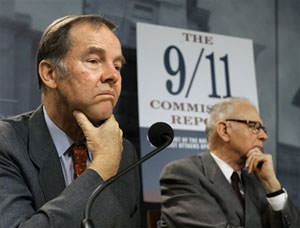
The New York Times has discovered that the CIA destroyed “at least two videotapes” showing agents using severe interrogation techniques on terrorism suspects. Those interrogations were part of the evidence in the official 9/11 investigation, yet the CIA never told the 9/11 Commission of the existence of the tapes or transcripts. The agency cited a “serious security risk” for destroying the evidence.
Your support matters…The New York Times:
Mr. Moussaoui’s lawyers had hoped that records of the interrogations might provide exculpatory evidence for Mr. Moussaoui — showing that the Al Qaeda detainees did not know Mr. Moussaoui and clearing him of involvement in the Sept. 11, 2001, plot.
General Hayden’s statement said that the tapes posed a “serious security risk,” and that if they were to become public they would have exposed C.I.A. officials “and their families to retaliation from Al Qaeda and its sympathizers.”
“What matters here is that it was done in line with the law,” he said. He said in his statement that he was informing agency employees because “the press has learned” about the destruction of the tapes.
General Hayden said in a statement that leaders of Congressional oversight committees were fully briefed on the matter, but some Congressional officials said notification to Congress had not been adequate.
“This is a matter that should have been briefed to the full Intelligence Committee at the time,” an official with the House Intelligence Committee said. “This does not appear to have been done. There may be a very logical reason for destroying records that are no longer needed; however, this requires a more complete explanation. “
Staff members of the Sept. 11 commission, which completed its work in 2004, expressed surprise when they were told that interrogation videotapes existed until 2005.
“The commission did formally request material of this kind from all relevant agencies, and the commission was assured that we had received all the material responsive to our request,” said Philip D. Zelikow, who served as executive director of the Sept. 11 commission and later as a senior counselor to Secretary of State Condoleezza Rice.
Independent journalism is under threat and overshadowed by heavily funded mainstream media.
You can help level the playing field. Become a member.
Your tax-deductible contribution keeps us digging beneath the headlines to give you thought-provoking, investigative reporting and analysis that unearths what's really happening- without compromise.
Give today to support our courageous, independent journalists.

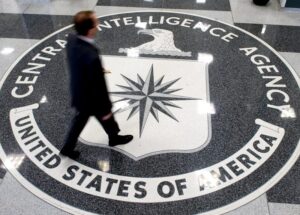
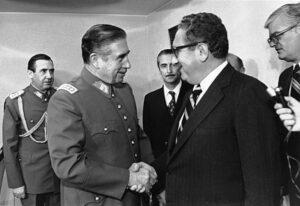
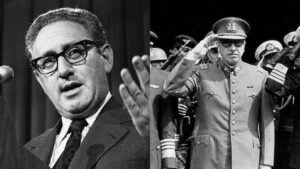
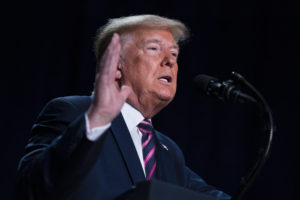

You need to be a supporter to comment.
There are currently no responses to this article.
Be the first to respond.